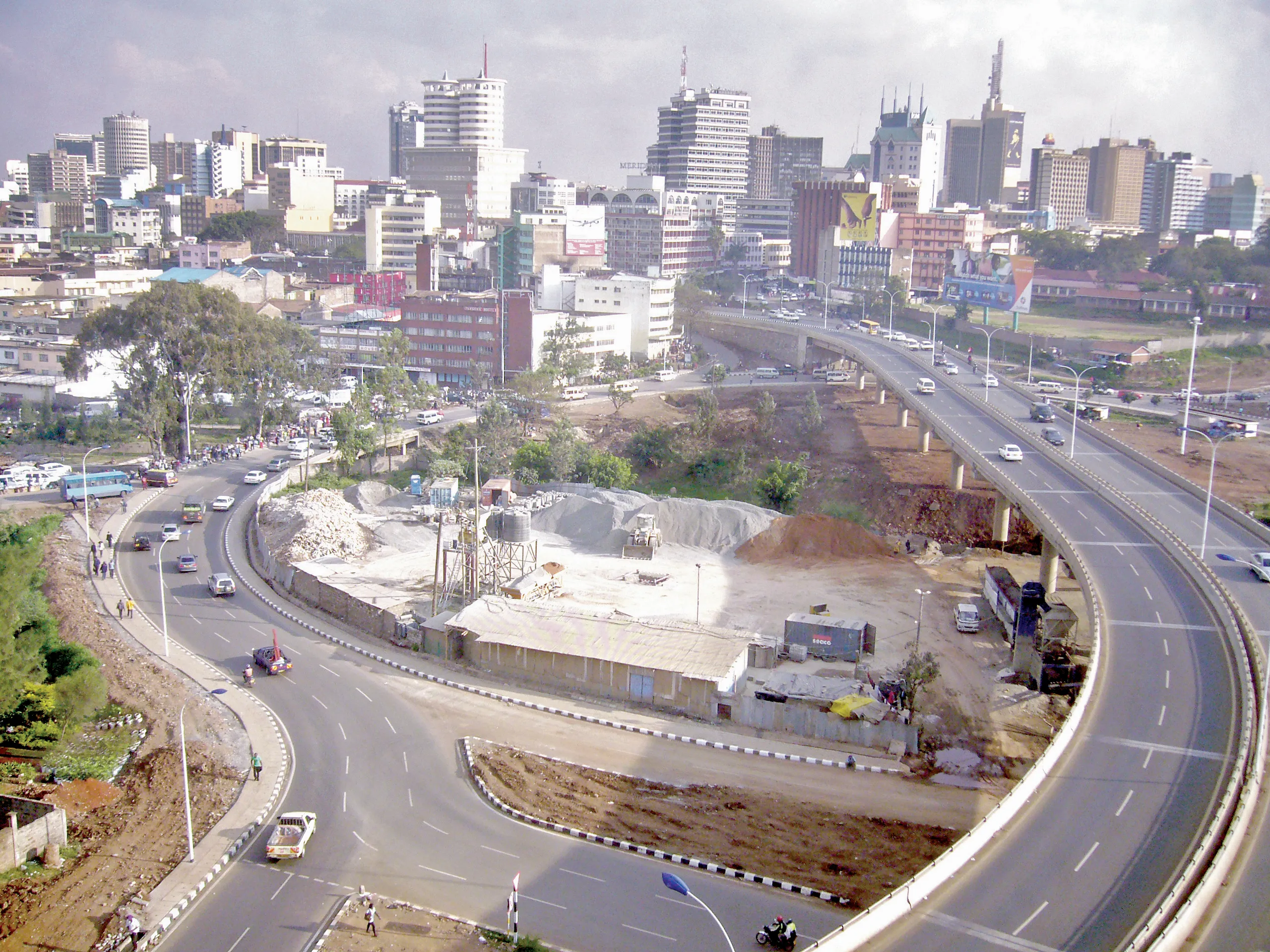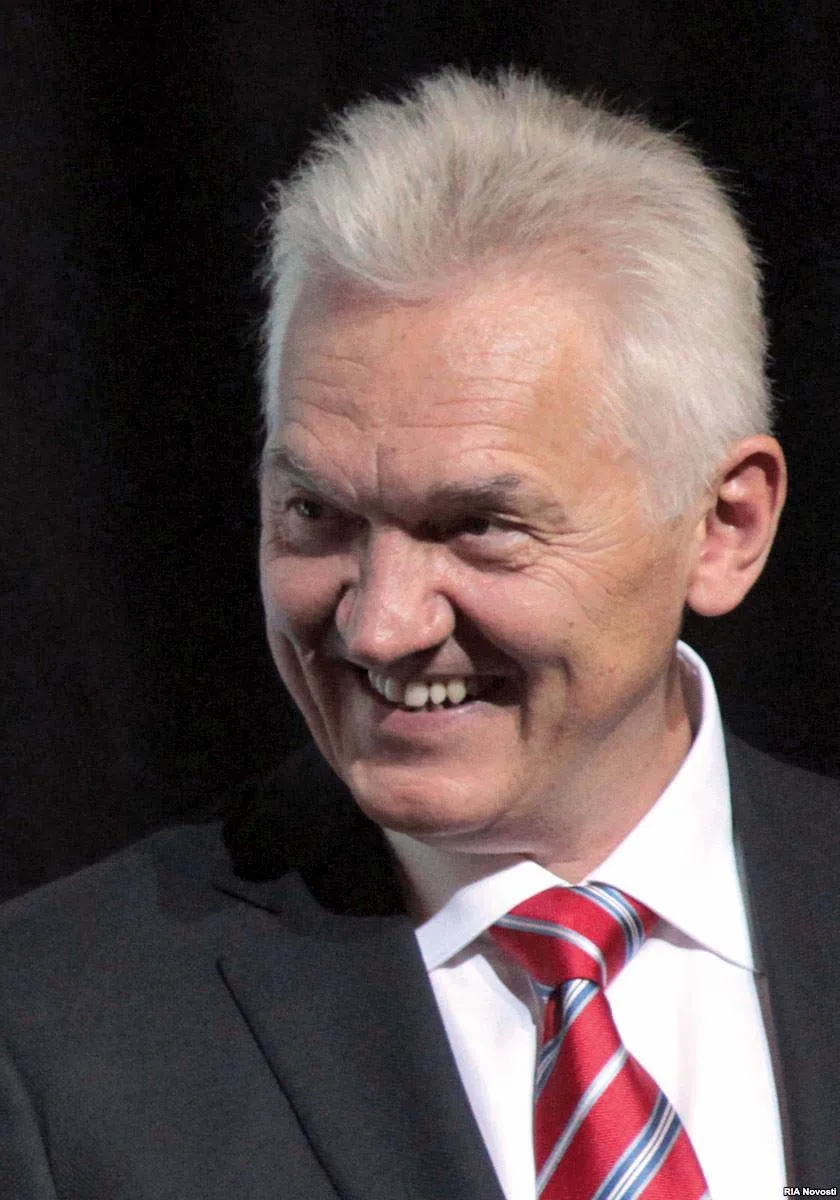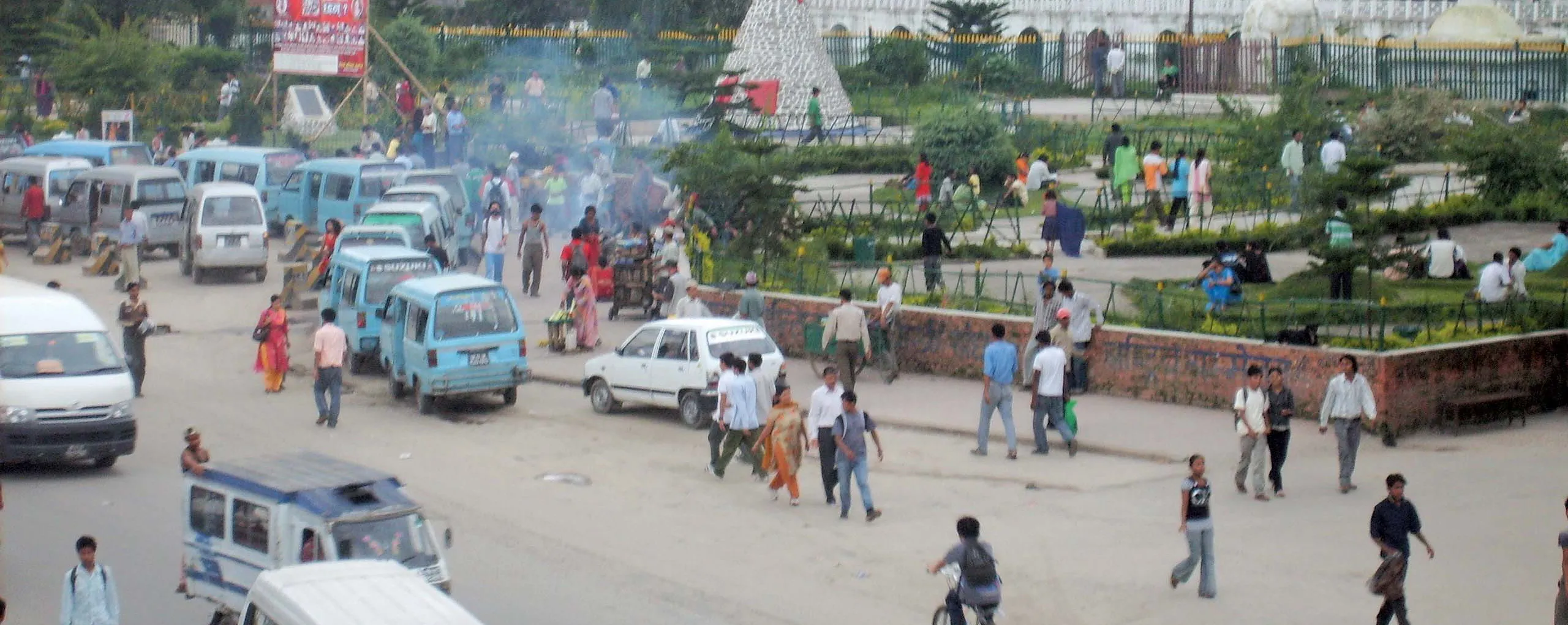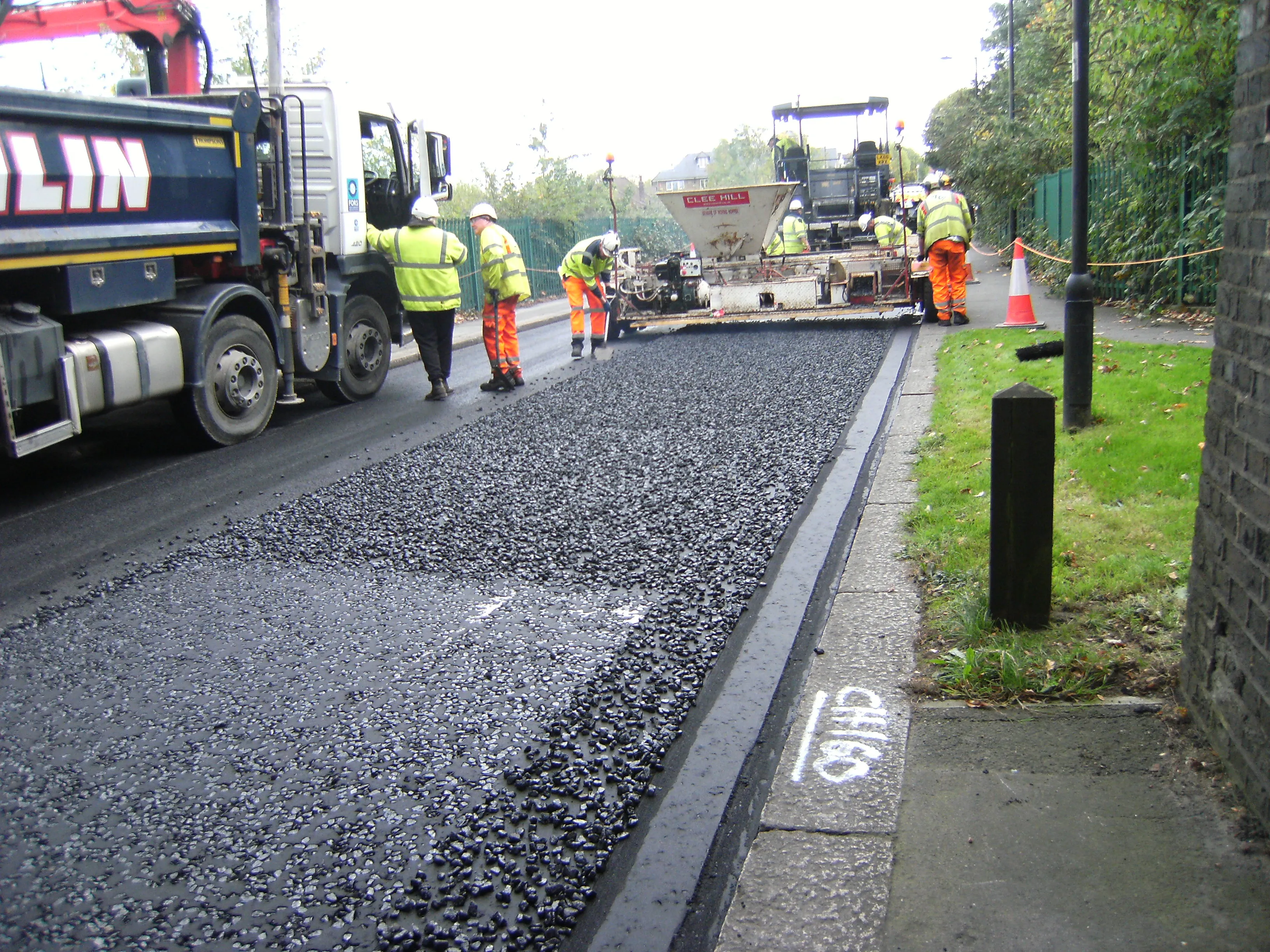A wave of vandalism has hit a new superhighway from Nairobi as Shem Oirere reports. The newly opened 45km superhighway in Kenya’s capital Nairobi is facing a new challenge that threatens to erode its international standards and compromise the benefits it is meant to generate. A wave of vandalism targeting road fittings has hit the US$360 million highway linking Nairobi to Thika Town, posing a new challenge in the maintenance of the new road infrastructure in Kenya. The destruction delayed the completion of
April 24, 2013
Read time: 5 mins

A wave of vandalism has hit a new superhighway from Nairobi as Shem Oirere reports
The newly opened 45km superhighway in Kenya’s capital Nairobi is facing a new challenge that threatens to erode its international standards and compromise the benefits it is meant to generate.A wave of vandalism targeting road fittings has hit the US$360 million highway linking Nairobi to Thika Town, posing a new challenge in the maintenance of the new road infrastructure in Kenya.
The destruction delayed the completion of the route by almost a year from its initial completion date of December 2011 as contractors had to repeat several portions where vandals had stolen fittings.
The highway which is part of the Great North Trans-Africa Highway running from Cape Town in South Africa to Cairo in Egypt was being done by three Chinese companies,
The highway will increase Nairobi metro area’s GDP from $5.2 million to $11.6 million, and will also contribute to growth in Eastern Africa regional trade to $175 million from the current $40 million.
Travelling time between Nairobi and Thika will be reduced from the current two and half hours to an hour while accidents rates along the highway are expected to fall from an average of 230 to about 70.
Major construction works involved expanding the road by constructing additional lanes and removing at-grade intersections and replacing them with modern interchanges, with financing from the
Kenya is now seeking to ensure these benefits are achieved by beefing up patrols to thwart attempts by vandals to steal road signage and other fittings which had by the time the highway was being commissioned cost the country’s highways agency an estimated $140,000 in twelve months.
The
The contractor will cost the government $70,000 a month according to KeNHA, which translates to $16.8 million by the end of the highway’s lifespan of 20 years.
“Instead of using the road maintenance levy to make more roads we are using the money to repeat work we have already done,” says Samwel Ogege, general manager in charge of maintenance at KeNHA.
“It has now stopped being a maintenance issue to become a vandalism issue.”
The agency currently spends $45,000 on a contractor to patrol the Mombasa Highway, the stretch leading to the capital Nairobi from the Indian Ocean port of Mombasa.
“When we started laying street lighting cables, about 3km of them were stolen and wherever we put a road sign it was stolen within an hour,” says Johnson Matu, project director with APEC Consultants.
An attempt was made previously to change tact in the installation of road fittings. For example, the roads signs have been mounted higher than is normally done for highways. The contractors and the KenNHA have, in some instances, used alternative material such as hard plastic (considered cheaper than steel) to discourage vandalism.
The removal of road fittings such as signage has increased the frequency of motor accidents on this new road.
AfDB Transport engineer George Makajuma said a few months before the commissioning of the superhighway that there were shortcomings on the project, citing the inadequate signage.
“Most accidents have been caused by poor signage,” says Makajuma.
Vandals have been targeting street lights, barriers and road signs with the President calling for tougher security measures to combat the practice.
“Road projects are costly investments. Installations such as lights, road signs and guard rails are put in place for the safety of all road users. It is, therefore, in the interest of all of us to be vigilant and report vandals or those who are found to be trading in road furniture stolen from our roads. I direct security agencies to be more aggressive in dealing with this menace,” said President Mwai Kibaki during the opening of Thika highway, and prior to the recent elections.
The project was split into three components. The first phase involved the stretch between Muthaiga Roundabout and Uhuru Highway. Construction works included expansion of University Way to eight lanes from six; provision of four-lane flyover across Globe Roundabout; expansion of Murang’a Road to six lanes; construction of an underpass at Pangani; a flyover on Muthaiga roundabout, and provision of footpaths.
Between Forest Road and Museum Hill roundabout through Museum Road, the section of the road has been expanded to six lanes from four lanes, and a forked flyover on Limuru Road with provision of footpaths.
The second phase involved the road section between Muthaiga Roundabout–
Between Kasarani-Muthaiga, the carriageway has been expanded to eight lanes while the section between Kasarani and KU, has been expanded to six lanes.
There is an interchange at GSU roundabout; two flyovers at Kasarani and Githurai roundabouts; an underpass at former Nakumatt Thika Road; a subway at Survey of Kenya, and provision of footpaths.
Finally the project involved the section between Kenyatta University and Thika town.
Between KU and Juja, the carriageway stretch will be expanded to six lanes.
A six-lane flyover will be constructed at the Eastern Bypass, and two underpasses at Ruiru Sports Club and at Mang’u High School as well as provision of footpaths.
Kenya is also mulling a new policy that would see a total ban on scrap metal as is the case in Tanzania and Uganda.
The flourishing trade in scrap metal has been blamed for the high incidents of theft of fittings on major highways and railway lines.








